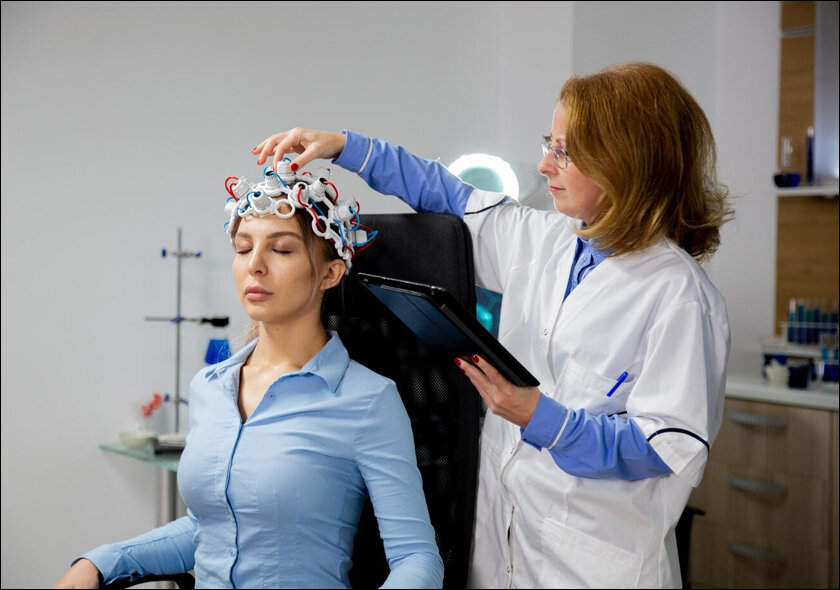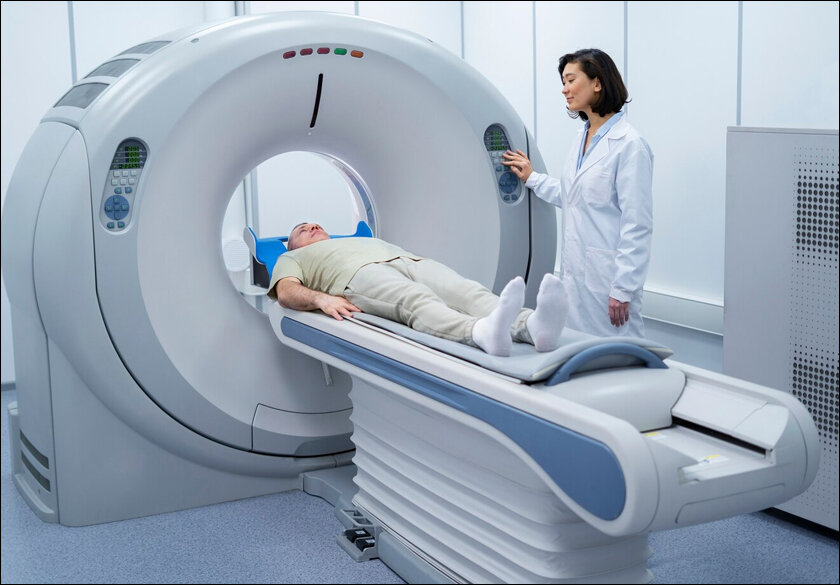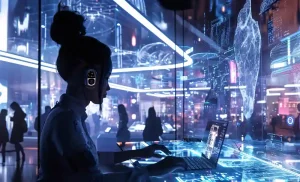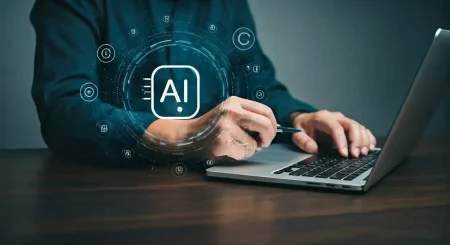Being able to actually remember, record, and dissect your own dreams could be an invaluable tool for everything from self-help to motivation, spirituality, and beyond.
While this particular topic screams clickbait like no other, this writer assures you it is not. From lucid dreaming to astral travelling and the popularity of Season 1 of The Sandman on Netflix, as humans, we are obsessed with our dreams. If you are one of those people who have actually realised you were dreaming while you were dreaming, it is a feeling like none other and can only be compared to what it must feel like to be a God in a universe of your own. That being said, however, it’s often the case that we wake up from either a really good or really bad dream and either don’t remember any of it or only remember bits and pieces that keep fading away by the second. Wouldn’t it be great if there was a device that could record our dreams and play them back for us like a video? Well, there is.

The Dream Machine
AI today relies on big data technologies to feed it the massive amounts of data required for it to adapt and evolve to the tasks handed to it. It’s this combination of AI algorithms and big data analytics that Yukiyasu Kamitani of Kyoto University, Japan, believes is the key to unlocking the mysteries held in our dreams. Kamitani and his team of researchers conducted a study using an fMRI (functional magnetic resonance imaging) machine to measure the brain activity of 3 participants who were allowed to sleep and then woken up as soon as they entered the REM cycle to describe what they were dreaming about. If that sounds annoying, this process was apparently repeated over 200 times to train the algorithm.
They were then made to look at the same images while they were awake and hooked up to the fMRI machines so the algorithm could find a correlation between the sleeping and awake images. The team then deployed a machine learning algorithm to analyse the data from the fMRI scans and find patterns that correlate to specific images or dream content.
Once the algorithm figured out which brain patterns go with which dream content, it was able to successfully reconstruct the dream imagery based on the fMRI scans. In fact, participants claim the algorithm was able to reconstruct their dreams with an accuracy of about 60%. Considering the fact that we usually can’t even remember 20% of our dreams, 60% is pretty good.

Accuracy and refinement
Now if you’re worried about the radiation, an fMRI machine is unlike an MRI machine, it doesn’t use radiation and can be used to measure brain activity levels. It is quite popular among psychologists as it is a safe and effective way to measure brain activity. Additionally, like any other machine-learning algorithm, it will continue to improve its accuracy, as well as the resolution of the reconstructed dreams based on feedback from the dreamers as well as the researchers. While the software is currently at a point where it can clearly distinguish the difference between a scenery and a human being in a dream, it wouldn’t be able to tell you if you were seeing that person in your house, or outside in the garden.
Considering what we know about AI and machine-learning algorithms so far and the speed with which they improve themselves, it won’t be surprising if they overcome whatever obstacles remain to give us a much more accurate playback of our dreams. Even as things stand at 60%, this device could be a great tool to help us reconstruct our own dreams. For example, if you’ve just woken up and the machine shows you 60% worth of “clues,” you would probably be able to fill in the blanks pretty accurately. Even if the machine can’t tell the difference between a person in a house or a person in the street, you would be able to remember and correct it. With time, the algorithm will without a doubt learn to discern the difference.

A third of a lifetime
In conclusion, we spend about a third of our lives sleeping or at least trying to and the average human spends about 26 years of their lives asleep. A good portion of that is spent dreaming, the purpose of which is still unknown to humans. A lot of people swear that lucid dreams are a real thing, that dreams contain valuable information, and that taking control of your dreams can help you take control of your life. That being said, being able to actually remember, record, and then dissect your own dreams could be an invaluable tool for everything from self-help to motivation, spirituality, and beyond. The only scary question is what if we don’t remember most of our dreams for a reason?
In case you missed:
- Prophetic Halo: Turning Dreams into Conscious Playgrounds
- Lab-Grown Brain Thinks It’s a Butterfly: Proof We’re in a Simulation?
- ChatGPT-Psychosis: Lower focus, warped emotions, rising delusions!
- NVIDIA’s Isaac GR00T N1: From Lab Prototype to Real-World Robot Brain
- AI Uncovers Thousands of Potential Psychedelic Compounds!
- China’s just created an AI-powered Inspector for Nuclear Disarmament!
- Pi Coin vs Bitcoin: Round 2, Mainnet Launch
- From Sci-Fi to Fake News: The Chinese Pregnancy Robot Claim!
- China Builds World’s Largest Neuromorphic Supercomputer: Darwin Monkey
- Quantum Computers: It’s now 20X easier to crack Bitcoin encryption than we thought!










1 Comment
Thznks, Nigel, any other like Prophetic ? We like to induce “sleeo paralysis” if there is a device doing so ?